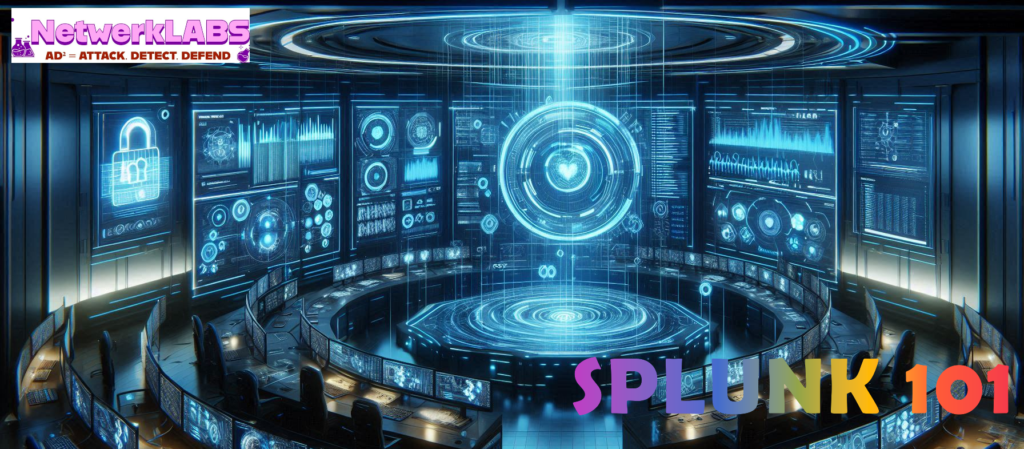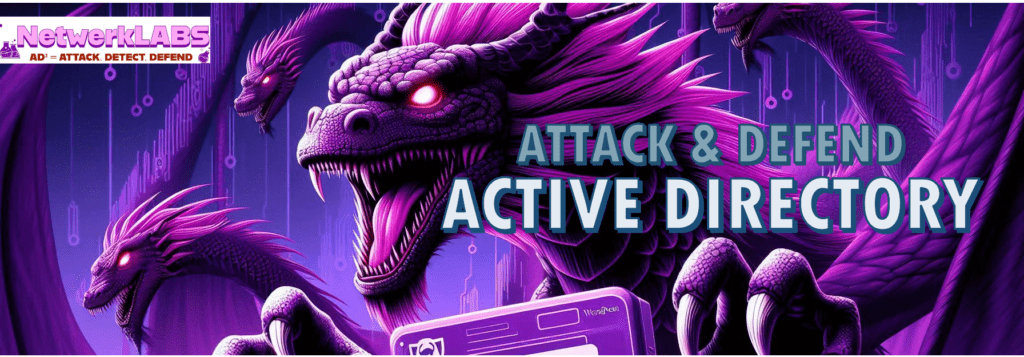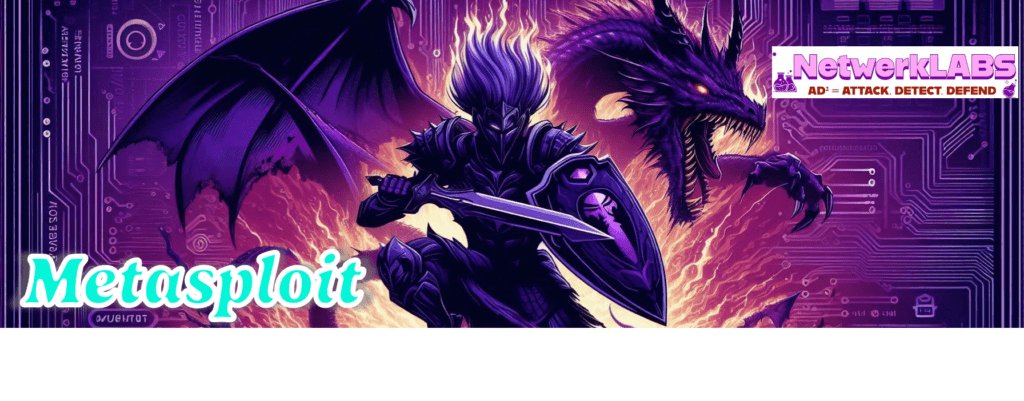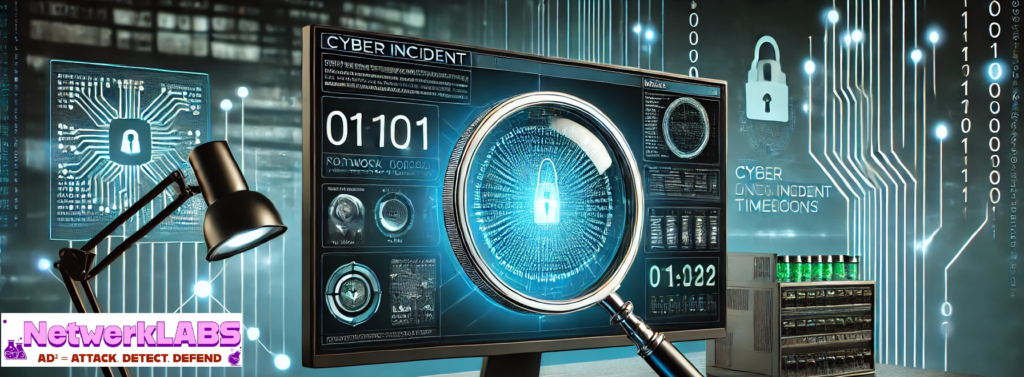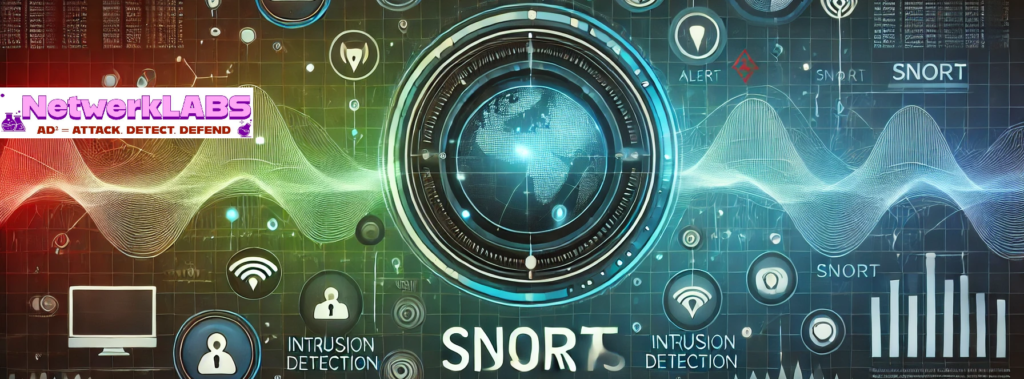Posted inThreat Hunting SOC Analyst Splunk
Regular Expressions
Regular Expressions: Charsets Searching for Specific Strings Use grep 'string' <file> to search for an exact match. To find patterns rather than exact strings, Regular Expressions (regex) are used. Charsets…

